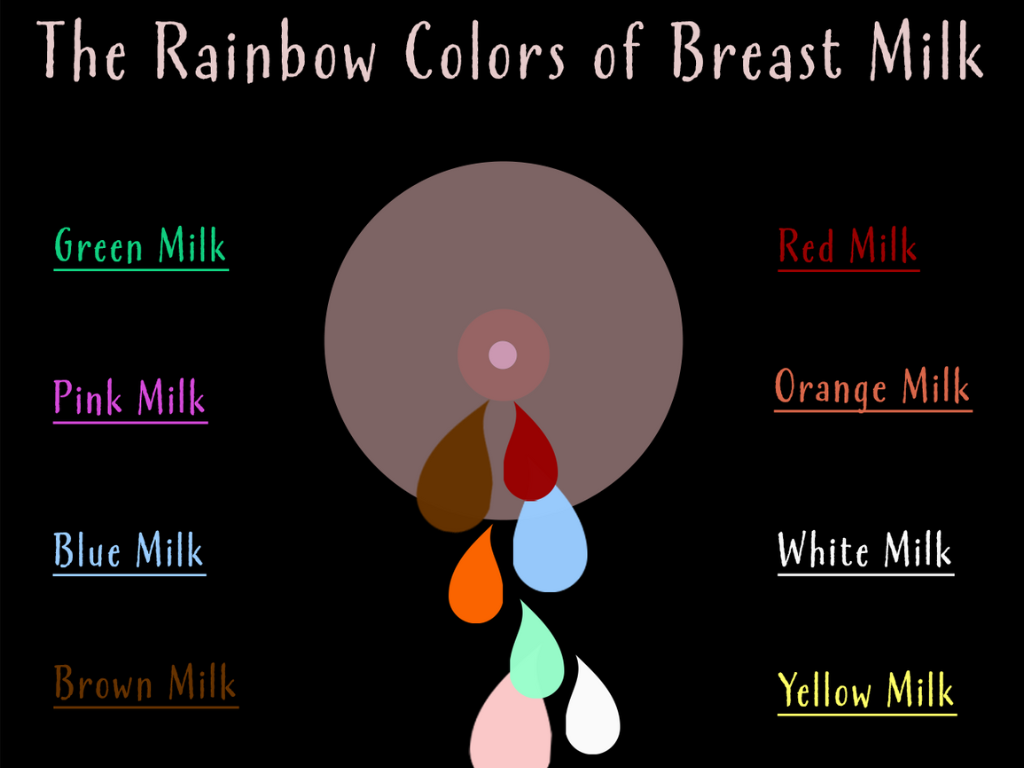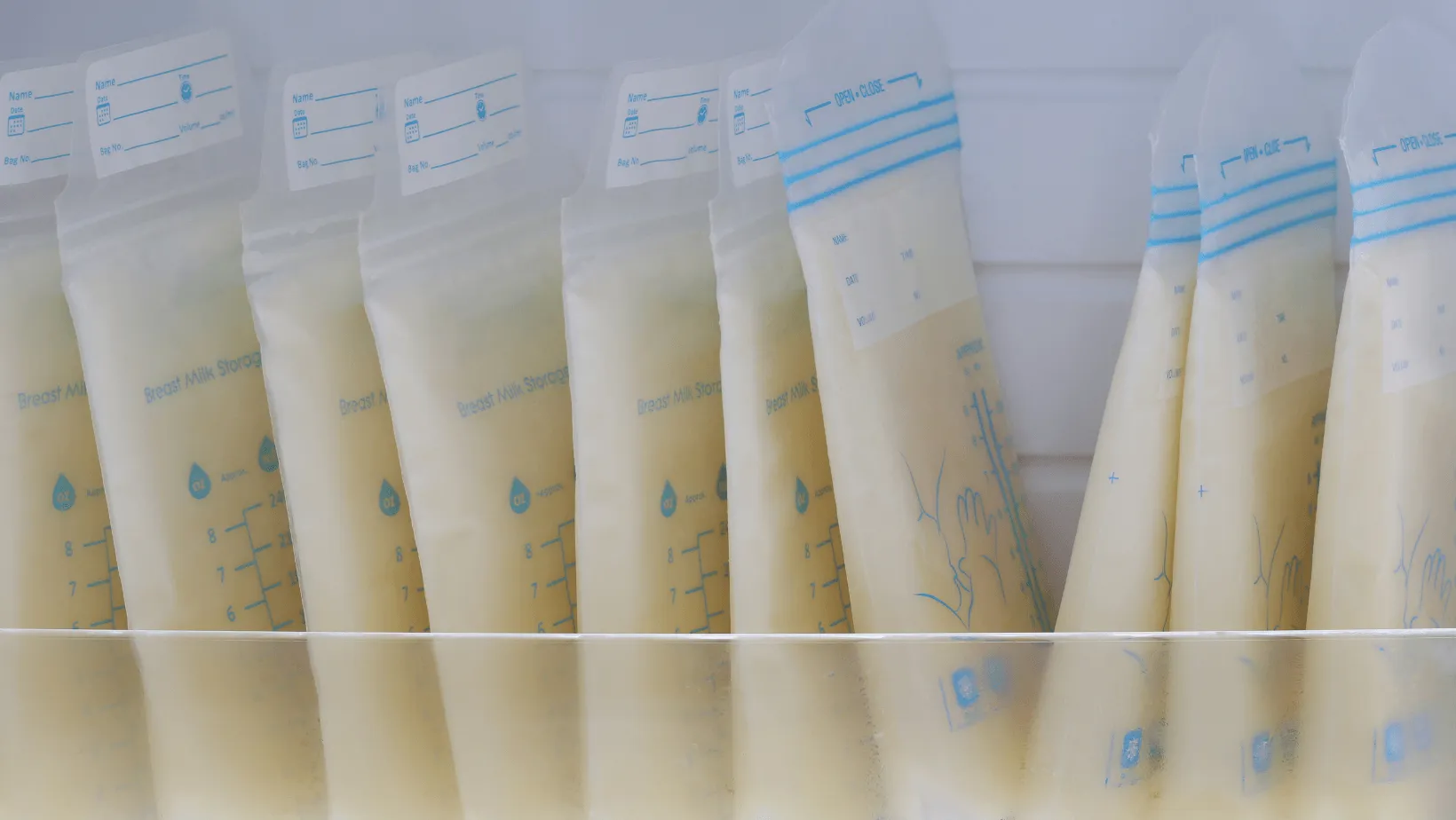-

·
Can Anyone Breastfeed? Are Some Moms Unable? Here’s the Truth
Most moms can breastfeed with the right support, but a small number may face physical barriers. This guide offers clear, mom-to-mom advice on who can breastfeed, common challenges, and what to do when breastfeeding doesn’t go as planned.
-

·
Breast Milk Color Chart – What You Need to Know
Breast milk comes in many shades — white, yellow, green, even pink — and each variation tells a story. This guide helps new moms understand what different milk colors mean, when it’s normal, and when to seek help, using an easy breast milk color chart and expert-backed tips.
-

·
10 Breastfeeding Facts That Will Surprise You
Breast milk is more than nutrition—it’s alive, adaptive, and powerful. From soothing pain to shaping taste preferences and even containing stem cells, breastfeeding offers surprising benefits for both mom and baby. Discover ten fascinating facts that highlight why every drop truly counts on your breastfeeding journey.
-

·
Small Breasts? – Nurse Confidently – No Matter Your Cup Size!
Breast size doesn’t determine your ability to breastfeed—glandular tissue does. Whether you’re an A-cup or a DD, your body is likely capable of producing enough milk. Learn how storage capacity, feeding frequency, and expert support play a role in breastfeeding success with small breasts.
-

·
Everything You Need to Know About Using Breast Milk for Baby Care and Beyond
Donated breast milk does more than nourish babies—it can be a powerful medical tool. From supporting fragile infants with heart or kidney issues to helping chemo and burn patients heal, hospitals use donor milk in surprising ways. Its natural antibodies, easy digestibility, and immune-boosting properties make it a vital resource in modern care.
-

·
The Magic of Breastfeeding Hormones – Oxytocin and Prolactin
Discover how breastfeeding hormones like Oxytocin and Prolactin help you produce milk, trigger letdown, and bond with your baby. Learn how these hormones affect mood, milk supply, and even your uterus, plus simple tips to support them naturally.
-

·
Your Body’s Milk-Making Magic: The Different Stages of Lactation
Discover the four stages of lactation—from breast development in pregnancy to maintaining milk supply and weaning. Learn how your breasts make milk, what hormones are involved, and practical tips for each stage to support a smooth, confident breastfeeding journey.
-

·
The Lactating Man – Men Can Breastfeed Too!
Did you know men can lactate? While it’s rare, some men can produce milk naturally or through induction. With the right hormone support and stimulation, dads can even breastfeed their babies—sometimes exclusively in the first few weeks, though extra formula or donor milk is usually needed.
